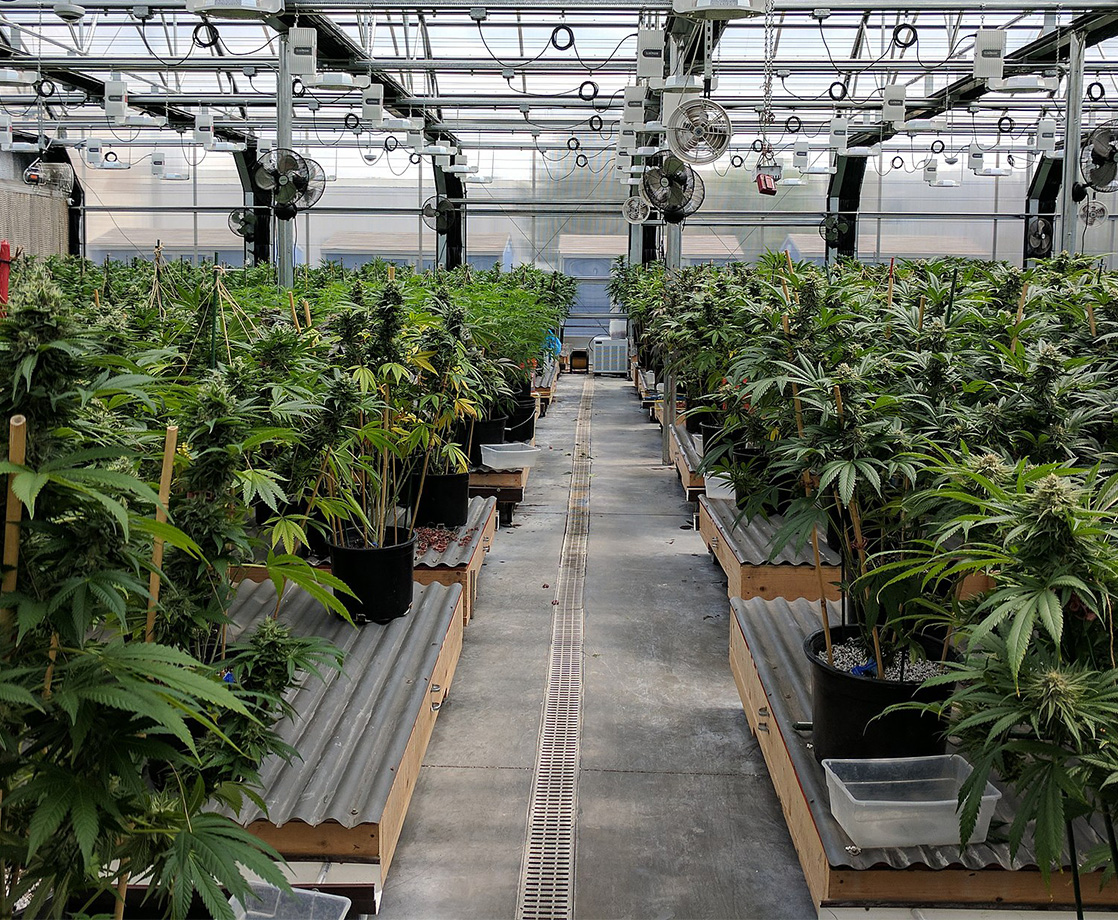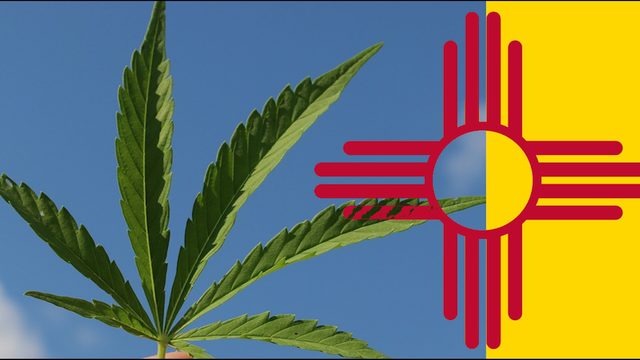Photo via
In January, officers from the Santa Barbara County Sheriff’s Department arrived at Arroyo Verde farms and started poking around. Before the day was done, the cops claimed the business was illegally moving cannabis to the black market and confiscated 1,800 pounds of crude cannabis oil and $620,000. This week, though, a superior court judge offered a stern rebuke of law enforcement efforts and ordered sheriffs to immediately return the cannabis and the cash.
According to Marijuana Business Daily, Judge Thomas Anderle determined that the sheriff’s department had acted entirely out of turn, and presented no evidence to prove the weed was illegal.
“The record here shows that a California licensed cannabis operator committed no crime,” Judge Anderle ruled. “Much less intentionally committed a crime.”
Earlier this year, the Arroyo Verde seizure was covered in depth by the Los Angeles Times as an example of how Santa Barbara’s rapidly growing cannabis industry was ripe for illegal activity. But while sheriffs and the Times painted Arroyo Verde’s cannabis oil vats as a shady secret hidden from the rest of their operation, a couple of months in court demonstrated that the crude oil had been legally produced, was already sold, and was simply waiting to be legally transferred.
John Armstrong, attorney for Procan Labs, the company that had purchased the crude oil and was storing it at Arroyo Verde, said that the police-delayed transfer of legally-purchased goods nearly put his client out of business.
“Licensed cannabis operators should not be at risk of losing their business because police mistake lawful cannabis operations for illegal black-market activities,” Armstrong said. “Unless the seized cannabis oil is returned to Procan expeditiously, the company will likely be forced to close its business.”
It is still not clear how or why the Santa Barbara Sheriff’s Department got confused and confiscated perfectly legal cannabis. But as the Golden State weed market expands — and black market busts continue — courts have proven to have a far better understanding of local weed laws than cops.
“This decision shows that our courts will side with the cannabis industry when provided evidence of good-faith efforts to comply with state regulations,” Armstrong said.
Follow Zach Harris on Twitter











